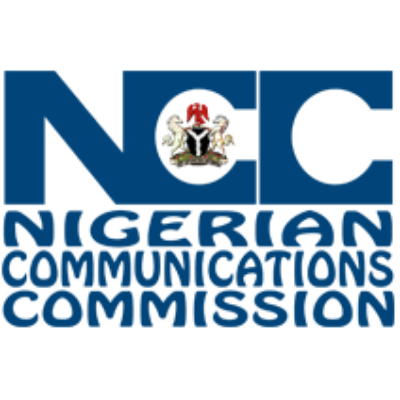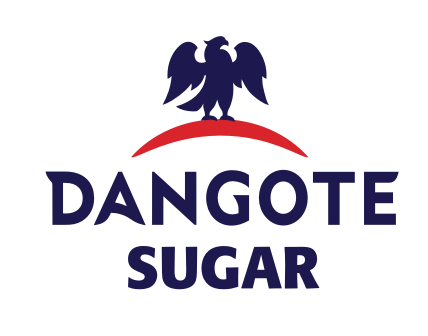
….Removal set to boost investor confidence and unlock new financing opportunities for Nigeria’s infrastructure sector
The Infrastructure Concession Regulatory Commission (ICRC) has described Nigeria’s removal from the Financial Action Task Force (FATF) grey list as a significant milestone that strengthens the country’s financial credibility and repositions it as one of Africa’s most attractive destinations for investment.
The FATF grey list identifies countries with gaps in anti-money laundering and financial transparency controls. Exiting the list signals improved financial governance, reduces perceived investment risk, and reassures global investors of Nigeria’s commitment to international financial standards.
Reacting to the development, the Director-General of the ICRC, Dr. Jobson Oseodion Ewalefoh, said the decision reflects the economic stability and reforms being driven under the leadership of President Bola Ahmed Tinubu.
He also acknowledged the role of key institutions such as the Nigerian Financial Intelligence Unit (NFIU), Central Bank of Nigeria (CBN), Securities and Exchange Commission (SEC), Ministries of Finance and Justice, among others, in strengthening compliance framework and attaining the feat.
According to Dr. Ewalefoh, the delisting is expected to “trigger a renewed influx of private capital into Nigeria’s infrastructure space,” particularly in efforts to close the country’s well-documented infrastructure financing gap.
“Nigeria now carries a cleaner financial risk profile. This means lower risk premiums, easier cross-border transactions, and stronger investor confidence,” he said. “For us at the ICRC, this directly supports our mission to attract innovative financing that will help bridge Nigeria’s infrastructure gap.”
“Nigeria’s clean financial bill means lower risk premiums, smoother cross-border transactions, and renewed investor confidence,” Dr. Ewalefoh said. “It directly strengthens our mission at ICRC to attract innovative financing that bridges Nigeria’s infrastructure gap.”
Nigeria’s infrastructure deficit which is estimated at over $2.3 trillion, requires a sustained annual investment of about $100 billion until 2043. With renewed investor confidence following the FATF delisting, the inflow of new financing will fast-track efforts to close this gap through well-structured Public-Private Partnerships (PPPs) and other private sector-driven financing models.
The ICRC believes this milestone will serve as a magnet for institutional investors, impact funds, and global financiers seeking credible, transparent, and rewarding investment opportunities in Nigeria’s infrastructure space.
Since assuming office, President Bola Ahmed Tinubu’s policy direction has brought about the repositioning of the ICRC for efficiency and impact. Under this leadership, the ICRC has streamlined PPP processes to fast-track project delivery, secured and implemented Presidential approval for new project approval thresholds of ₦20 billion and ₦10 billion for MDAs to accelerate smaller projects, and issued a comprehensive regulatory framework providing clear, step-by-step guidelines from project conception to hand-back.
The Commission calls on both local and international investors to leverage this historic opportunity to partner with the Nigerian government in developing transformative infrastructure projects across key sectors — transportation, power, water, healthcare, and technology.
“Nigeria is open for business like never before,” Dr. Ewalefoh affirmed. “With FATF’s delisting and our strengthened PPP framework, the stage is set for a new wave of infrastructure investment that will redefine Nigeria’s economic landscape.”




